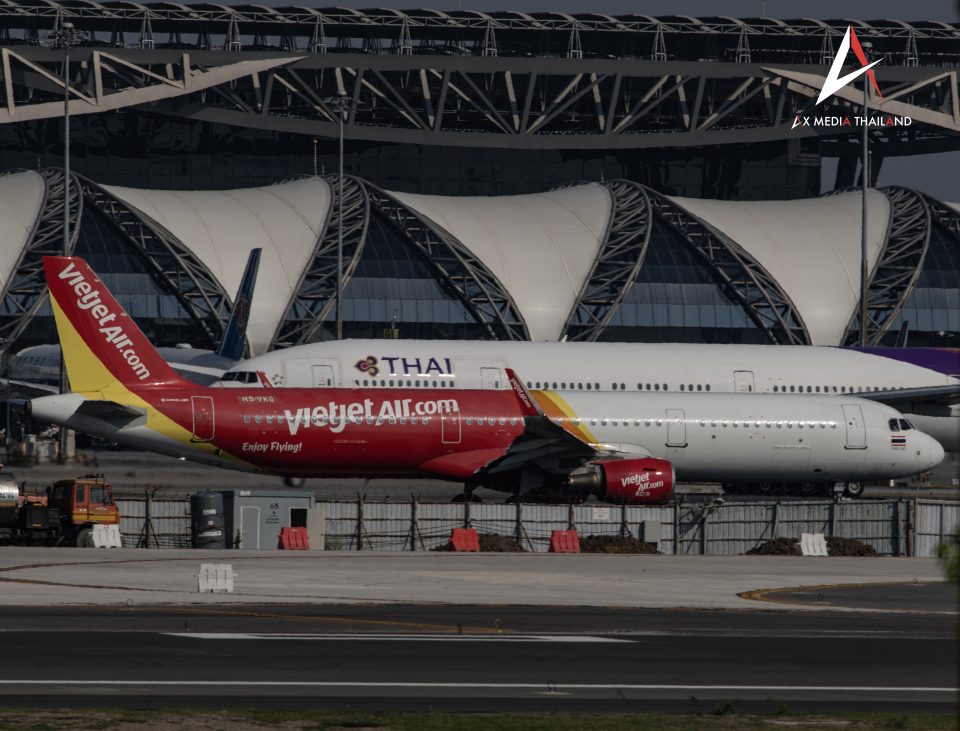Thai Vietjet is aiming to serve nearly 8 million passengers this year by enhancing its aircraft utilization and increasing flights on existing routes, along with plans to introduce new Boeing 737 Max jets next year.
Chief Executive Woranate Laprabang noted that the visa-free program implemented this year has significantly boosted demand for international routes, particularly to China.
The airline operates flights to over 10 destinations in China, including both chartered and scheduled services, which together make up 30% of its total capacity.
In the first quarter of this year, Thai Vietjet recorded an impressive average load factor of 90% for its China routes, and maintained an 80% load factor during the off-peak season.
Despite the challenges posed by a sluggish Chinese economy, Woranate emphasized that demand remains strong among high-spending Chinese tourists eager to travel to Thailand.
The airline also achieved an 80% load factor on flights to Vietnam, which represents 10% of its overall capacity, while domestic routes accounted for 50%.
“The aviation sector continues to face an aircraft shortage that is unable to satisfy travel demand. Thai Vietjet has been operating with the same fleet of 18 jets for the past two years,” he explained. “Our strategy is to increase our aircraft utilization to 12 hours this year, compared to 10.5 hours last year.”
Thai Vietjet’s fleet includes the Airbus A320 and A321 series. The airline plans to lease two additional A320 aircraft through a short-term contract to accommodate the high demand expected in the fourth quarter, according to Woranate.
Pinyot Pibulsonggram, head of commercial at Thai Vietjet, stated that the new aircraft will primarily be utilized to increase flights on existing routes, particularly to China and Vietnam, and to introduce a new route to Mumbai, India.
Next year, the airline anticipates receiving 9 to 12 new Boeing 737 Max jets as part of a five-year initiative to transition from Airbus to Boeing aircraft.
Despite Boeing’s recent challenges, the airline remains confident in the manufacturer, according to Pinyot. He mentioned that these new Boeing jets will enable the airline to extend its range and explore new routes to cities in China, India, and Japan.
Additionally, Thai Vietjet recently signed a memorandum of understanding with the Chaipattana Foundation to advance environmental conservation and sustainability initiatives through the Fly Green Fund Initiative.
The airline plans to start selling local products supported by the foundation in the fourth quarter.
Thai Vietjet aims for sustainable aviation fuel to account for 1% of its total fuel consumption by 2026, increasing to 5% by 2030. This initiative is projected to reduce approximately 153,000 tonnes of carbon emissions over the next five years, according to the airline.





